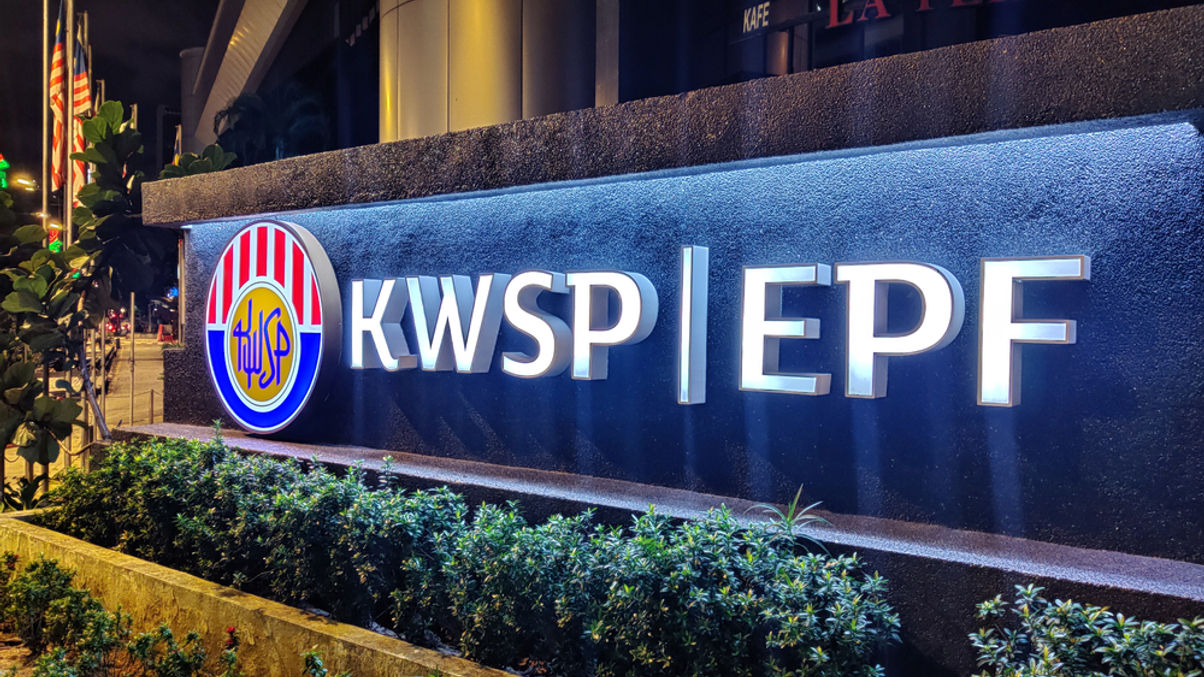Malaysia EPF's withdrawals halt puts liquidity in focus
The state-owned retirement scheme's challenge on the investment side will be to manage liquidity, an issue that other pension funds in the region also face.

The Malaysian government's decision on February 16 to halt withdrawals from the Employees Provident Fund has put the spotlight on liquidity management as the state retirement scheme grapples with reduced funds.
Sign in to read on!
Registered users get 2 free articles in 30 days.
Subscribers have full unlimited access to AsianInvestor
Not signed up? New users get 2 free articles per month, plus a 7-day unlimited free trial.
¬ Haymarket Media Limited. All rights reserved.


